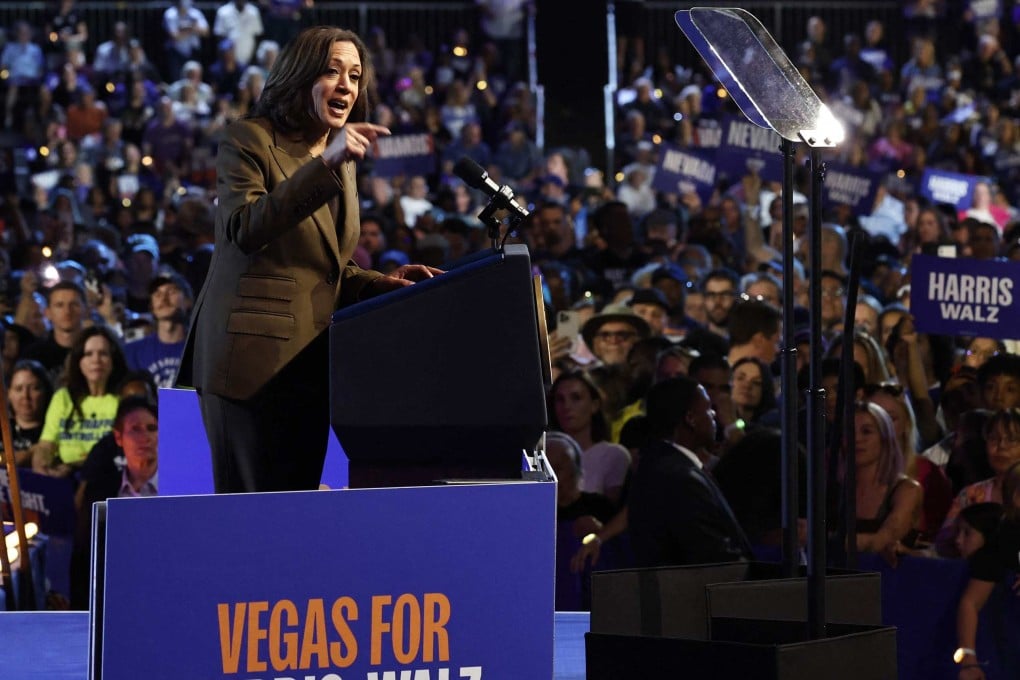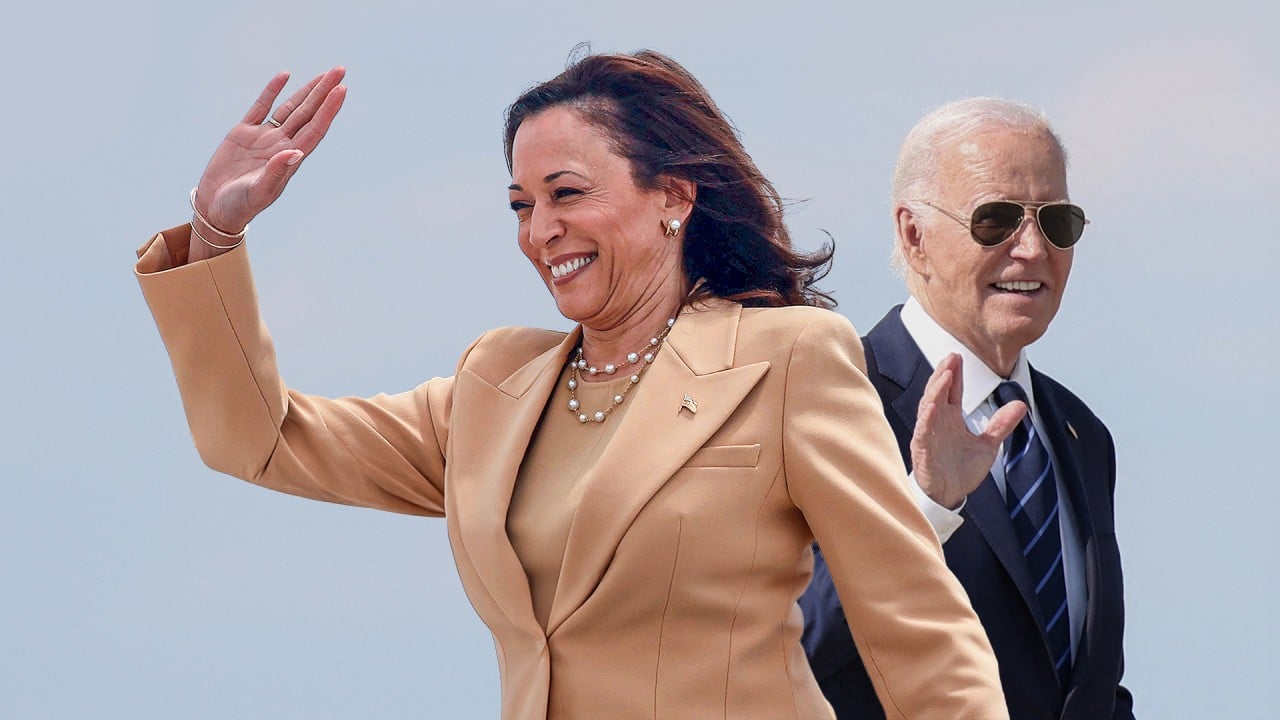Advertisement
Opinion | How another close election could add to rampant US dysfunction
In a tight result, expect more turmoil given the nature of the electoral college and narrow margins in Congress
Reading Time:3 minutes
Why you can trust SCMP
3

On November 5, Americans will go to the ballot box in what could be one of the most important elections in the country’s history. It looks likely that the result will confirm that the nation is divided into three camps, unable and unwilling to interact. Many do not vote, while the rest are roughly evenly split between voting Republican or Democrat.
Advertisement
The strength of a democracy is that the electorate listens to debates, opinions and programmes of the candidates, judges the parties on the basis of their record in office and weighs the candidates’ opinions against what they see in daily life. It appears that there is little of this in the United States.
This year’s election will determine seats in the US House of Representatives and Senate as well as the presidency. In the House, Republicans hold a majority of 220 seats to 212 with three vacancies. If polls suggesting a close election prove accurate, the House could be pushed into a case-by-case approach with compromises and horse-trading. Some members hold extreme views on issues and cannot be expected to vote for the party line.
Such a situation has been seen in the preceding 12 months. When facing crucial decisions, the Republican leadership conducted painful and drawn-out internal negotiations to all Republican members of the House on board.
The picture in the Senate is not much different. Democrats hold a 51-49 majority, thanks to four independent senators who caucus with the Democrats. Mitch McConnell, the Republican minority leader, at times appears to be out of step with Donald Trump, former US president and the party’s candidate this year. A small swing in votes could change the majority party or create a 50-50 tie, giving the vice-president the decisive vote.
The polls for the presidential election are close to unequivocal in one sense and ambiguous in another. The popular vote – which US President Joe Biden won by more than 7 million votes in 2020 – seems likely to be won by US Vice-President Kamala Harris, the Democratic Party’s nominee.
Advertisement

Advertisement

